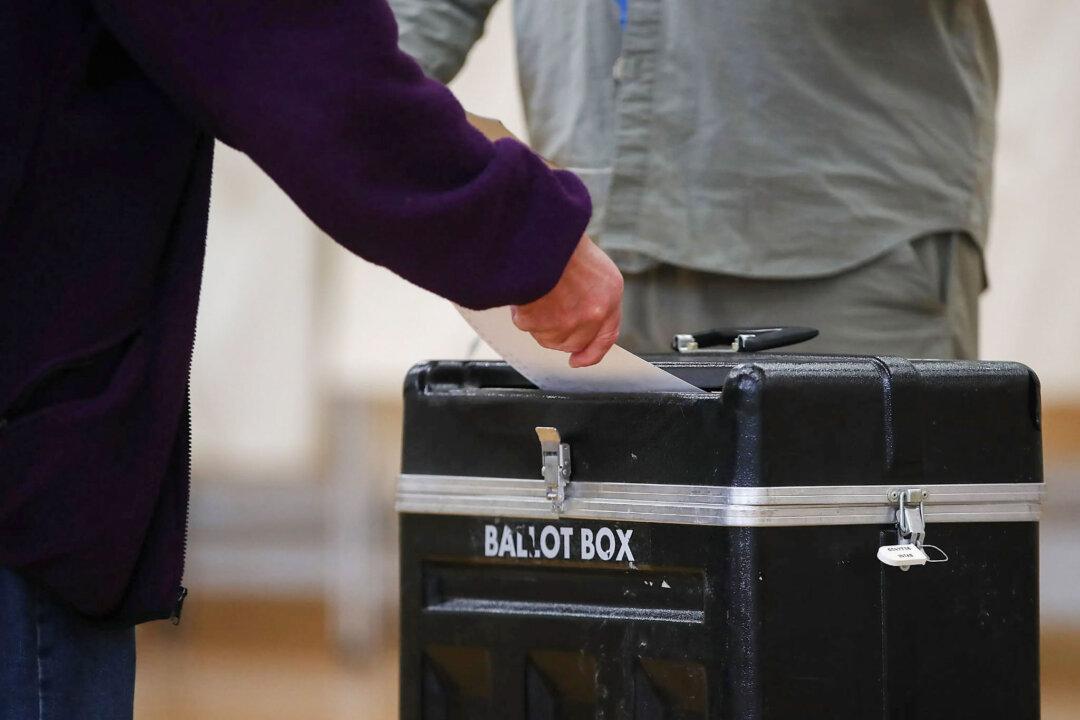A law that aims to prevent Montana residents from voting more than once in an election will remain blocked, at least for now, after a federal appeals court rejected an appeal from state officials.
The law, Montana House Bill 892, requires that Montana voters not be registered to vote in more than one place in the state, or any other state. The law also requires people registering to vote to share where they were previously registered.





